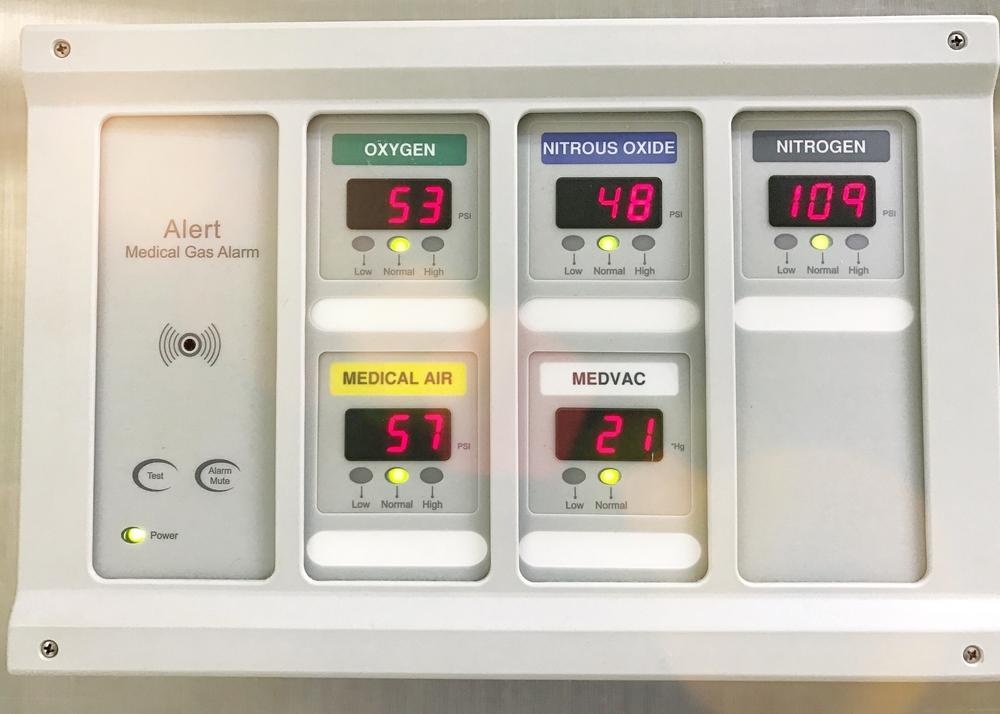
A Permit-to-Work (PTW) system is designed to help you install, maintain and repair your health care facility’s piped medical gas and vacuum systems. It covers communication requirements and the formal protocols your team must follow for safety, including regular testing of the system. The importance of a PTW system is especially evident during periods of piped medical gas construction, maintenance and repairs. Above all, remember that the PTW system supports a safer environment for your staff, patients and visitors.
As an owner or manager of the facility, you need to be aware that the National Fire Protection Association has updated its NFPA 99 code regarding the Responsible Facility Authority (RFA) role and the Permit-to-Work (PTW) system.
About the Responsible Facility Authority and Your Permit-to-Work System
In medical facilities, the Responsible Facility Authority is the person designated to be accountable for the medical gas system, so it can reliably work without interruption in support of patient health and safety.
The RFA oversees installation, maintenance and repairs, as well as regular testing, while developing and enforcing the Permit-to-Work system.
Requirements for a Successful PTW System
Whether medical gas must be capable of flowing unimpeded just during regular business hours or 24/7/365 in your organization, you need to follow industry best practices and adhere to all government regulations.
Accordingly, medical facilities, ranging from small clinics to medium-sized research centers to large hospitals in high-population communities, all rely on engineering, maintenance and construction teams to ensure the uninterrupted quality, quantity and continuity of their medical gas and vacuum supply.
Some key requirements for a successful Permit-to-Work system include:
- Work definitions: The RFA supervises all employees doing any work on the gas systems, and work definitions ensure that responsibilities are clearly spelled out to avoid confusion, errors in execution or errors of omission. This includes implementation of protocols to verify all work is performed by competent individuals holding the appropriate valid credentials to perform the assigned tasks.
- Risk-based criteria for permissions: It’s essential to conduct risk assessments, so you can shut down the system efficiently and safely, by establishing criteria about the relative risk for different tasks your team conducts during repairs and testing.
- Medical gas installation inspections: Regular inspections are needed to verify that the system works according to specifications.
- Shutdown procedures: You need an emergency plan in place so you can quickly and calmly initiate the shutdown process.
- Testing: The team tasked with maintaining and testing the system works within the PTW system, verifying equipment is functioning properly and that there are no leaks or other compromises to patient safety.
Your team can get up to speed on the details by reviewing the full NFPA 99 requirements as outlined in the 2021 Edition.
Professional Medical Gas Services Support for Your Organization’s Permit-to-Work System
Since opening our doors for business in 1997, the experts at Evergreen Medical Services have been offering a full range of medical gas services and environmental monitoring for medical facilities in addition to distributing medical gas equipment to medical facilities.
If you have questions about managing your Permit-to-Work system or would like to learn more about our comprehensive medical gas systems services, contact us today.
